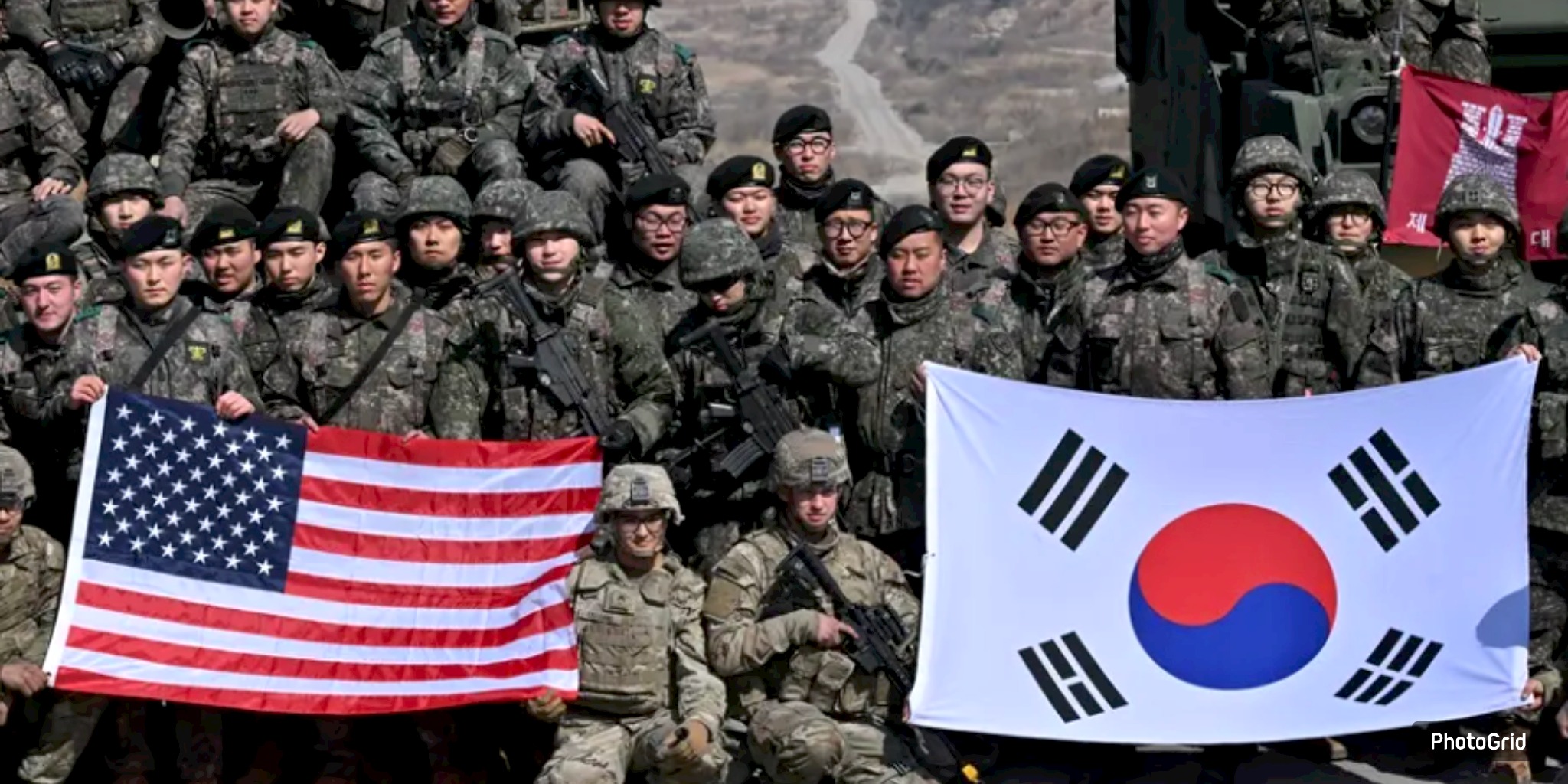


The U.S. Army will begin extending tour lengths in South Korea starting Oct. 1 in a move aimed at reducing frequent relocations, enhancing stability for military families, and lowering long-term costs for the Department of Defense.
Under the new policy, single soldiers assigned to South Korea will serve two-year tours, while those accompanied by families will be stationed there for three years. Previously, most assignments were 12 months, with the option to extend if accompanied by family.
The policy aligns South Korean tour lengths with those of other long-term overseas deployments in countries such as Germany, Japan, and Italy. Officials say the change is designed to ease the burden of frequent moves, an issue long cited by military families as a significant stressor in their lives.
“Moving soldiers and families is expensive—in terms of dollars, unit readiness, and personnel availability,” said Col. Arron Lummer, assistant chief of staff for the 8th Army. “Increasing tour lengths in Korea directly reduces the frequency of moves, which equates to cost savings for the services and increased readiness for the soldier, unit, and family.”
Camp Humphreys, the most extensive U.S. military base in South Korea, houses approximately 40,000 active-duty troops, civilian personnel, and their dependents. Lummer emphasized that more extended tours would help make Korea “a more fulfilling assignment” and noted that discussions on the policy predated a broader Pentagon initiative announced in May to scale back PCS (permanent change of station) moves across all military branches.
Not all assignments will change. The Army said 12-month unaccompanied tours may still be assigned in limited operational cases, with service members receiving family separation pay.
The change won’t impact rotational deployments such as the 1-4 Stryker Brigade Combat Team, which continues to send troops to South Korea for nine-month stints. Nor will it affect the total troop presence in the country, which is capped at 28,500 under current law.
Despite speculation earlier this year about a potential reduction of U.S. forces in South Korea under a possible second Trump administration, Army officials say the tour length change is about logistics and quality of life—not force posture shifts.
















From breaking news to thought-provoking opinion pieces, our newsletter keeps you informed and engaged with what matters most. Subscribe today and join our community of readers staying ahead of the curve.